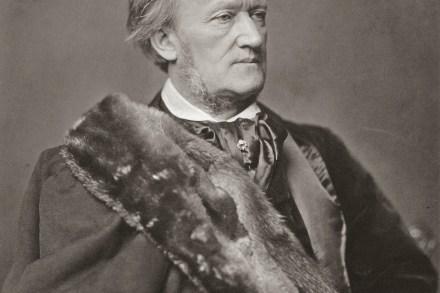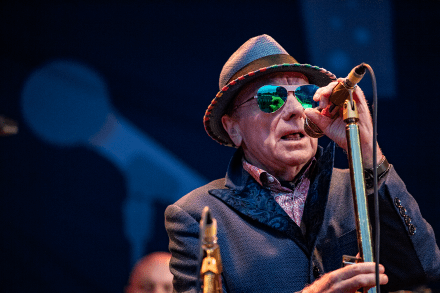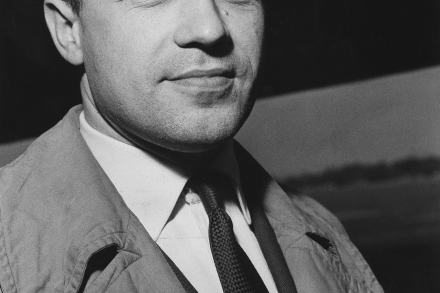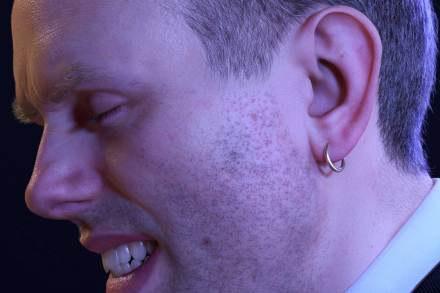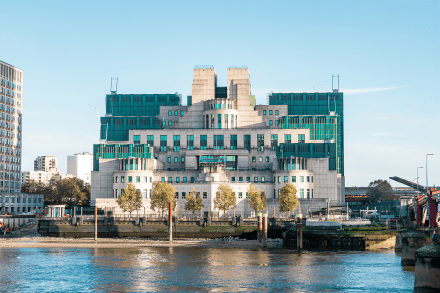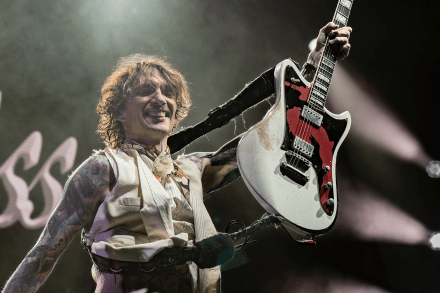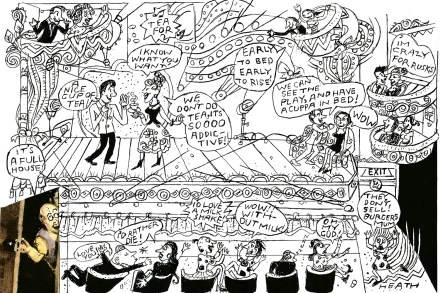How could anyone seriously think that Wagner’s politics haven’t been discussed enough?
In a recent article, the historian Katja Hoyer describes an event at the German Embassy prior to a Royal Opera House performance in May of Wagner’s Die Walküre. There she spoke with various individuals, some of them clearly Wagner ‘fans’, and she righteously declares: ‘having studied [Wagner] as a historical figure, I’m perhaps also less able than most to forget the man behind the music.’ Following some discussions about the production, as well as chats with those who had visited Bayreuth, she declares that ‘there didn’t seem to be the slightest notion of controversy around the modern-day Wagner worship.’ She adds, as if making a new observation, ‘He was a
